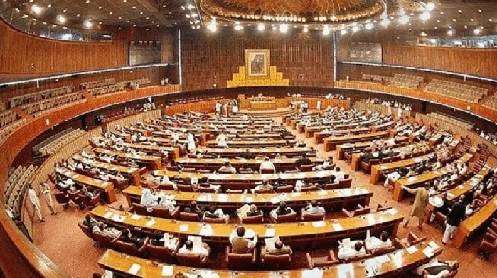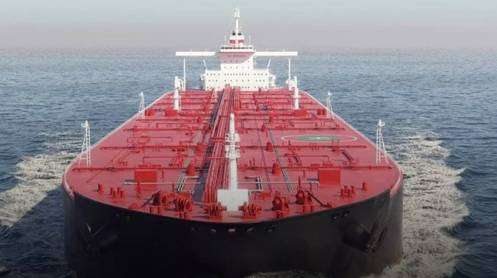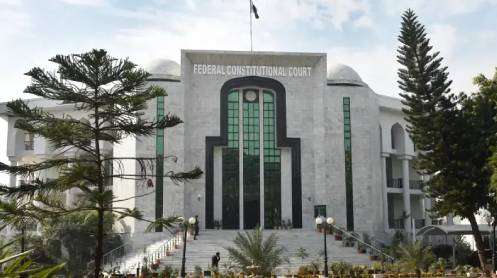ABU DHABI: President Asif Ali Zardari, accompanied by a high-level delegation, on Tuesday met His Highness Sheikh Mohamed bin Zayed Al Nahyan, President of the United Arab Emirates and Ruler of Abu Dhabi, to further strengthen bilateral relations between Pakistan and the UAE. The two leaders discussed ways to deepen the longstanding, brotherly ties between the two countries and reviewed the full spectrum of bilateral cooperation. They explored new avenues for collaboration in trade, investment, energy, infrastructure, technology and people-to-people exchanges, underscoring the strong potential for expanding economic and strategic…
Read MoreAuthor: Admin
PAC Questions Petroleum Ministry Over Rs20bn Audit Irregularities
ISLAMABAD: The Public Accounts Committee (PAC) on Tuesday took the Ministry of Petroleum to task while examining audit objections exceeding Rs20 billion, highlighting large-scale non-recovery of petroleum levies, weak enforcement mechanisms and questionable financial practices that have caused significant losses to the national exchequer. The audit objections were reviewed during a meeting of the apex parliamentary committee chaired by Syed Naveed Qamar. Members examined cases involving Rs14.63 billion in unpaid petroleum levy and penalties linked to Hascol and Synergy. Expressing concern over the prolonged nature of the case, the committee…
Read More$430m US Crude Import Deal Diversifies Pakistan’s Energy Supply
ISLAMABAD:Pakistan has taken a significant step towards diversifying its energy supply as a $430 million crude oil import deal with the United States helps reduce reliance on the Strait of Hormuz and supports efforts to narrow the country’s trade gap. In a major private-sector transaction, Cnergyico Pk has imported six million barrels of US West Texas Intermediate (WTI) crude, marking one of the largest commercial crude oil deals between Pakistan and the US. The arrangement reflects a strategic shift towards diversified energy sourcing amid geopolitical uncertainty and balance-of-payments pressures. Of…
Read MoreFCC Upholds Super Tax, Overturns High Court Rulings; Limited Relief for Energy Sector
Islamabad: In a landmark constitutional and fiscal verdict, the Federal Constitutional Court (FCC) on Tuesday upheld the legality of the super tax and set aside earlier judgements of the high courts that had struck down or diluted the levy, declaring that Parliament has exclusive authority to impose taxes. Announcing its short order, a three-member FCC bench headed by Chief Justice Aminuddin Khan, and comprising Justice Syed Hasan Azhar Rizvi and Justice Syed Arshad Hussain Shah, ruled that Sections 4-B and 4-C of the Income Tax Ordinance (ITO) 2001 are intra…
Read MoreDr. Munwar Iqbal Kamboh Appointed Acting MD of PPIB
Islamabad: The federal government has appointed Dr. Munwar Iqbal Kamboh as the Managing Director of the Private Power and Infrastructure Board (PPIB) on a temporary basis for a period of three months. Prior to this appointment, Dr. Kamboh was serving as Director General (Hydel) at PPIB, where he was overseeing all private-sector hydropower projects currently under construction. He brings extensive experience in managing and supervising energy infrastructure projects, particularly in the hydropower sector. Dr. Munwar Iqbal Kamboh has replaced Mr. Shah Jahan Mirza, who served as the head of PPIB…
Read More







